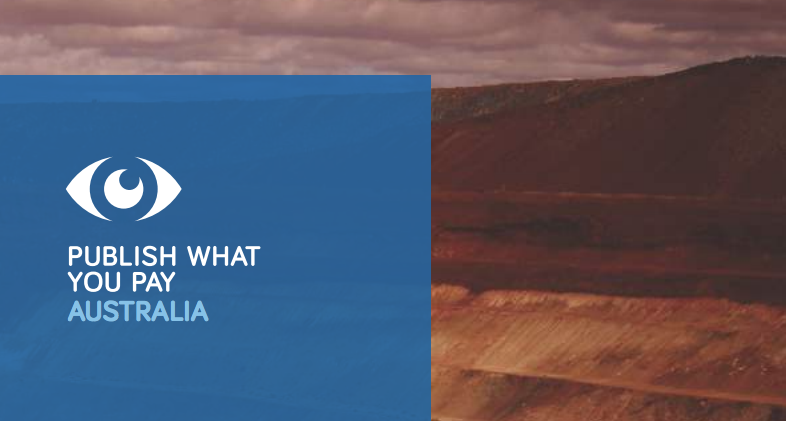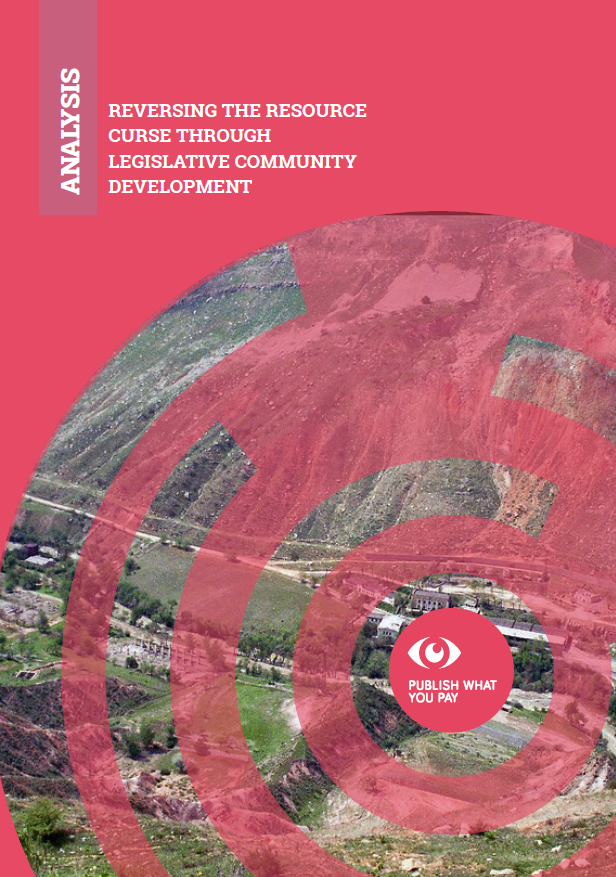Australian companies have a long history in extractives, particularly in the mining sector, both domestically and abroad. Australia’s global presence far exceeds its size and it is one of the leading extractive industry players globally, with over 700 Australian Stock Exchange (ASX) listed companies operating in more than 100 countries. Australia also enjoys a strong and positive international reputation for mining expertise and governance.
This report analyses publicly available data in an attempt to draw a comprehensive picture of Australia’s extractive presence – by company, country and project. It shows stakeholders a regional snapshot of what a mandatory disclosure law would cover in the Australian context and how this would enable citizens and governments to ensure that they are receiving a fair deal for the extraction of the natural resources. It also demonstrates how Australian policy can support the sustainable development of natural resources in the countries it operates in. Using data, it argues for the introduction of a mandatory disclosure law which would align Australia with the global reporting standard set by the 30 countries who have already implemented it.
A copy of the dataset which accompanies the report can accessed here
PWYP Australia proudly releases this report through the PWYP Data Extractors programme. It demonstrates how important open data is to increasing transparency in the extractives sector, building evidence based policy, and ensuring citizens and governments around the world are benefiting from the extraction of their natural resources.











